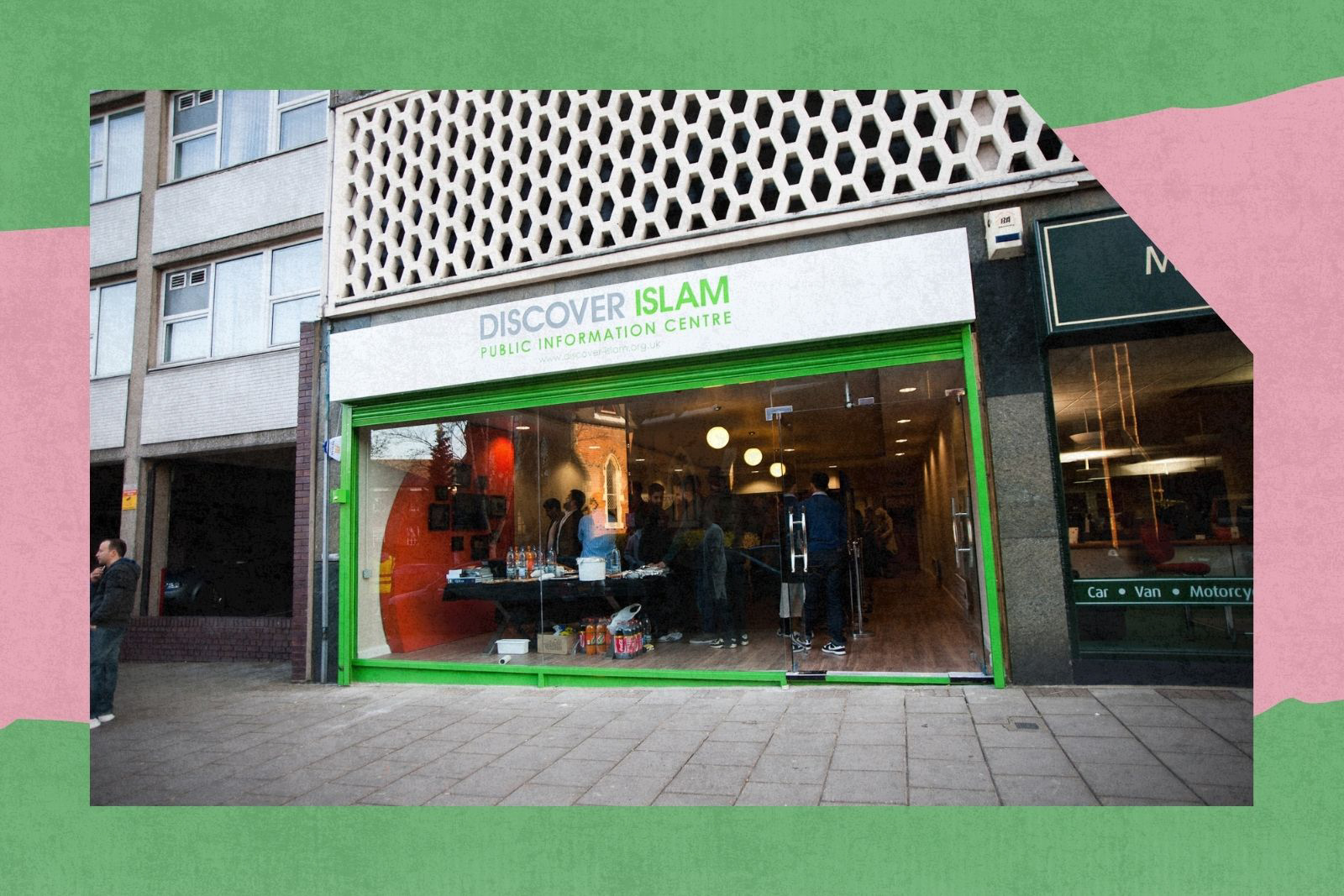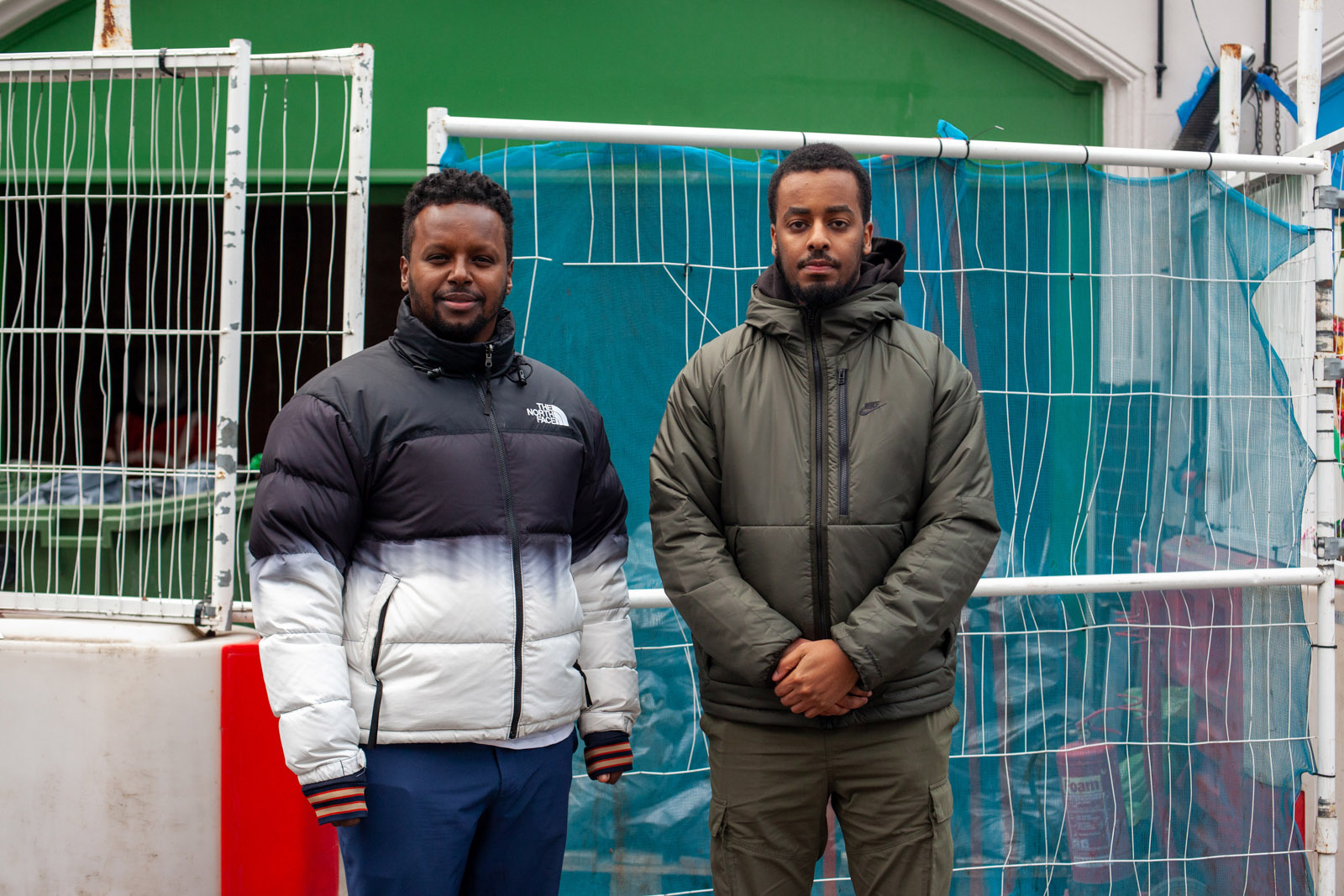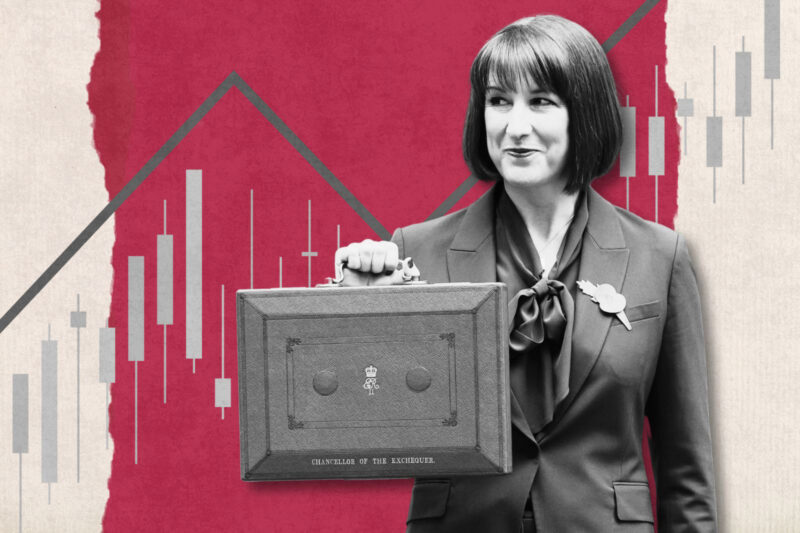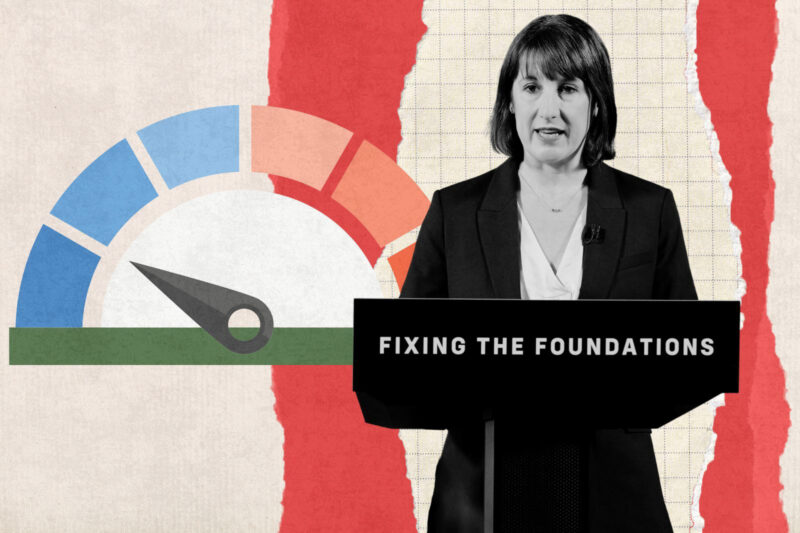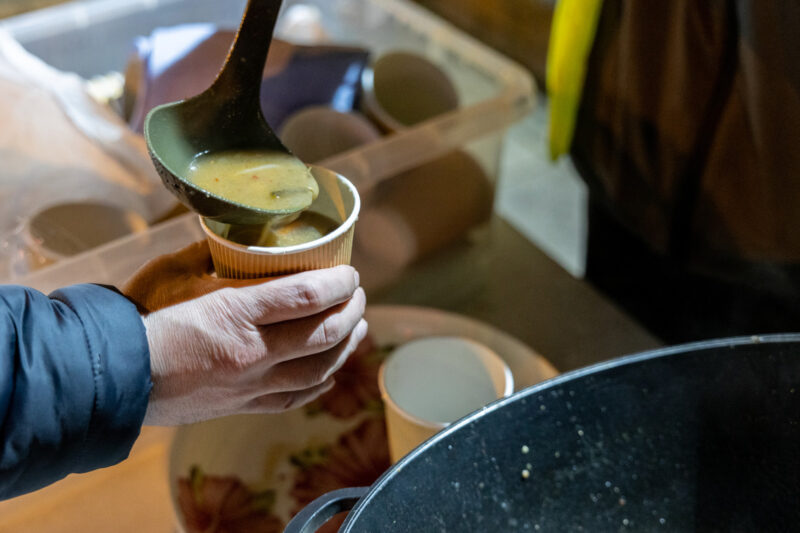Backed by Harry and Meghan, unique Muslim and Jewish-run food bank turns 10
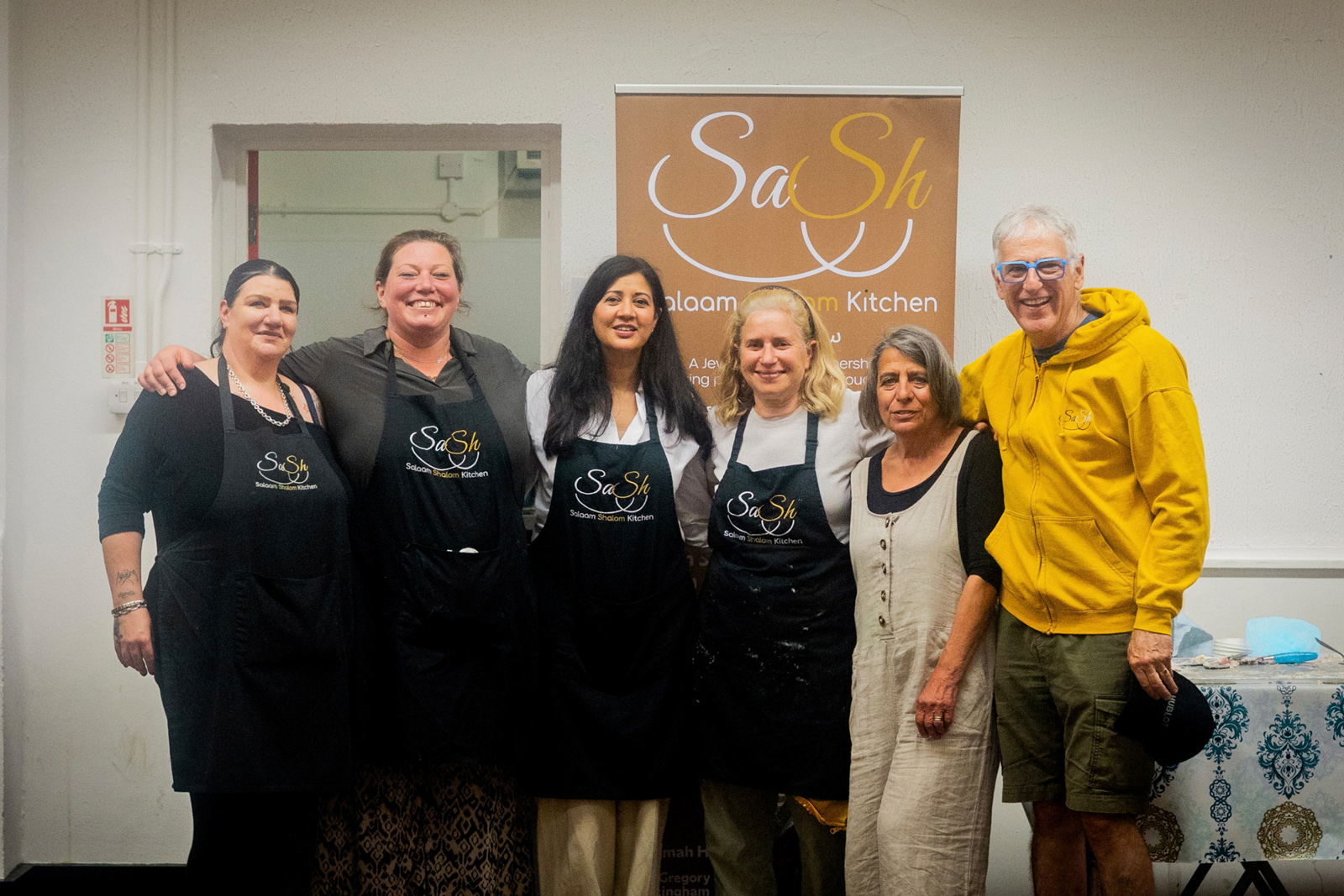
In the shadow of a Reform-run council, a partnership between Muslim and Jewish charities gives guests a hot meal, a place to chat — and a bunch of flowers
An hour before Salaam Shalom Kitchen opens its doors in the Radford neighbourhood of Nottingham, a queue of people begins to form. Wednesdays at Salaam Shalom are usually busy, but this June afternoon, marking the food bank’s 10th anniversary, is especially hectic.
“When we opened up 10 years ago we had maybe 30 people coming every week,” said Karen Worth, co-chair of the charity. “Now it’s about 150.
“It used to be just single homeless people. Now, we get many different people: families with children, elderly people. Some people are just lonely and isolated and they come here for the community, but many people are struggling financially.”
Covid and the subsequent cost of living crisis has left a mark on the local community, Worth said, pushing many people into food insecurity.
While she is happy that over the past decade the project has grown enough to assist more people, she wishes that the food bank’s services were not needed at all.
“We are actually a very rich country,” she said. “I don’t think it’s a good thing that there are 100 people every week queueing for an hour just to get a hot meal.”
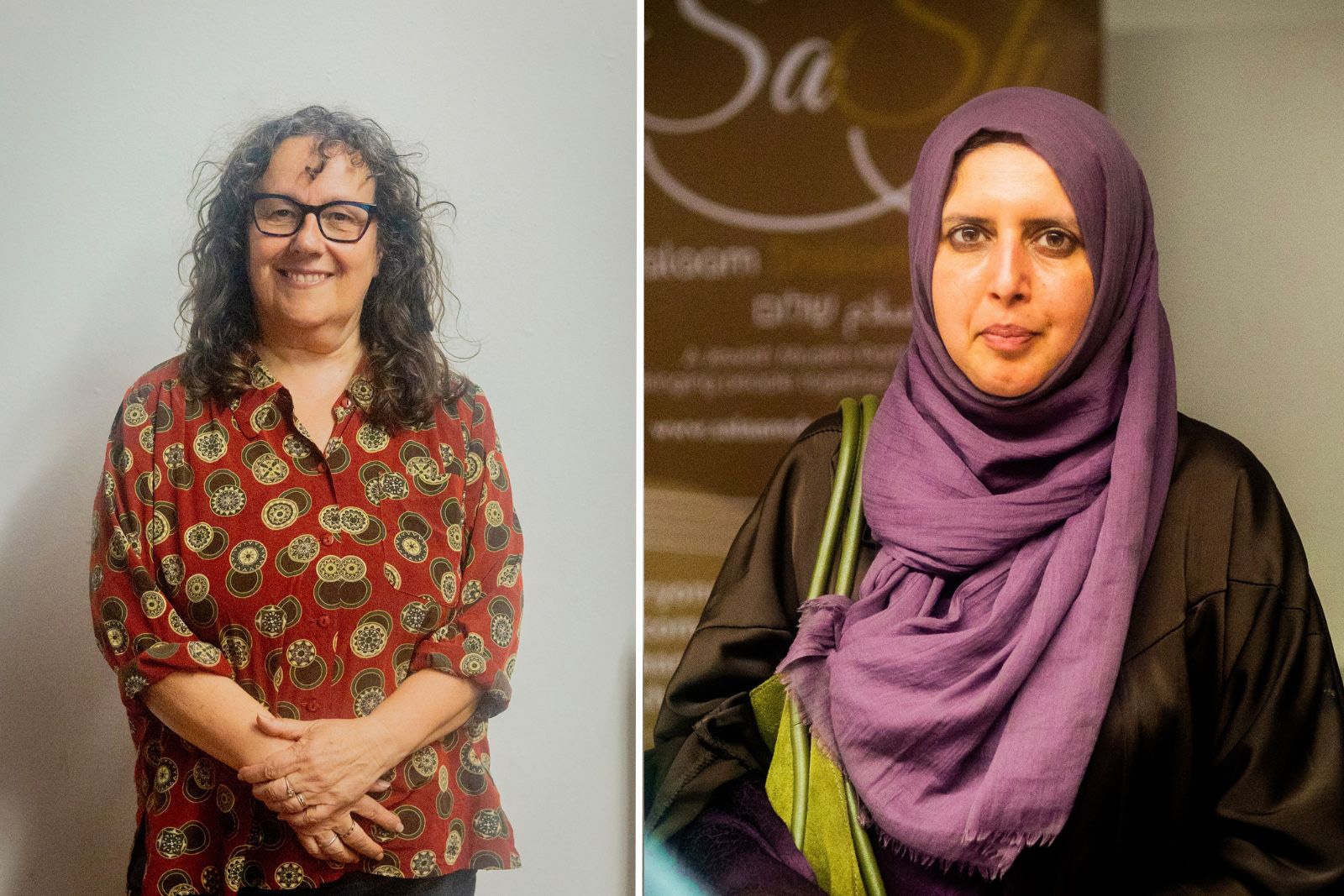
Salaam Shalom was established in 2016 as a collaboration between Tanya Sakhnovich, rabbi at Nottingham’s Liberal Synagogue, and Sajid Mohammed, director of Himmah, a Muslim social justice charity based in the city.
The pair wanted their respective communities to work together to improve life for those around them.
“It’s the only project like that in the area,” said Zainab Asghar from the Nottingham Muslim Women’s Network. Together with two other volunteers from the network, Ferda Ozcan and Shanaz Din, as well as Salaam Shalom’s chef Tali Scott, she cooked Wednesday’s meal: vegetable curry with white rice and piyaz, a white bean and tomato salad from Ozcan’s native Turkey.
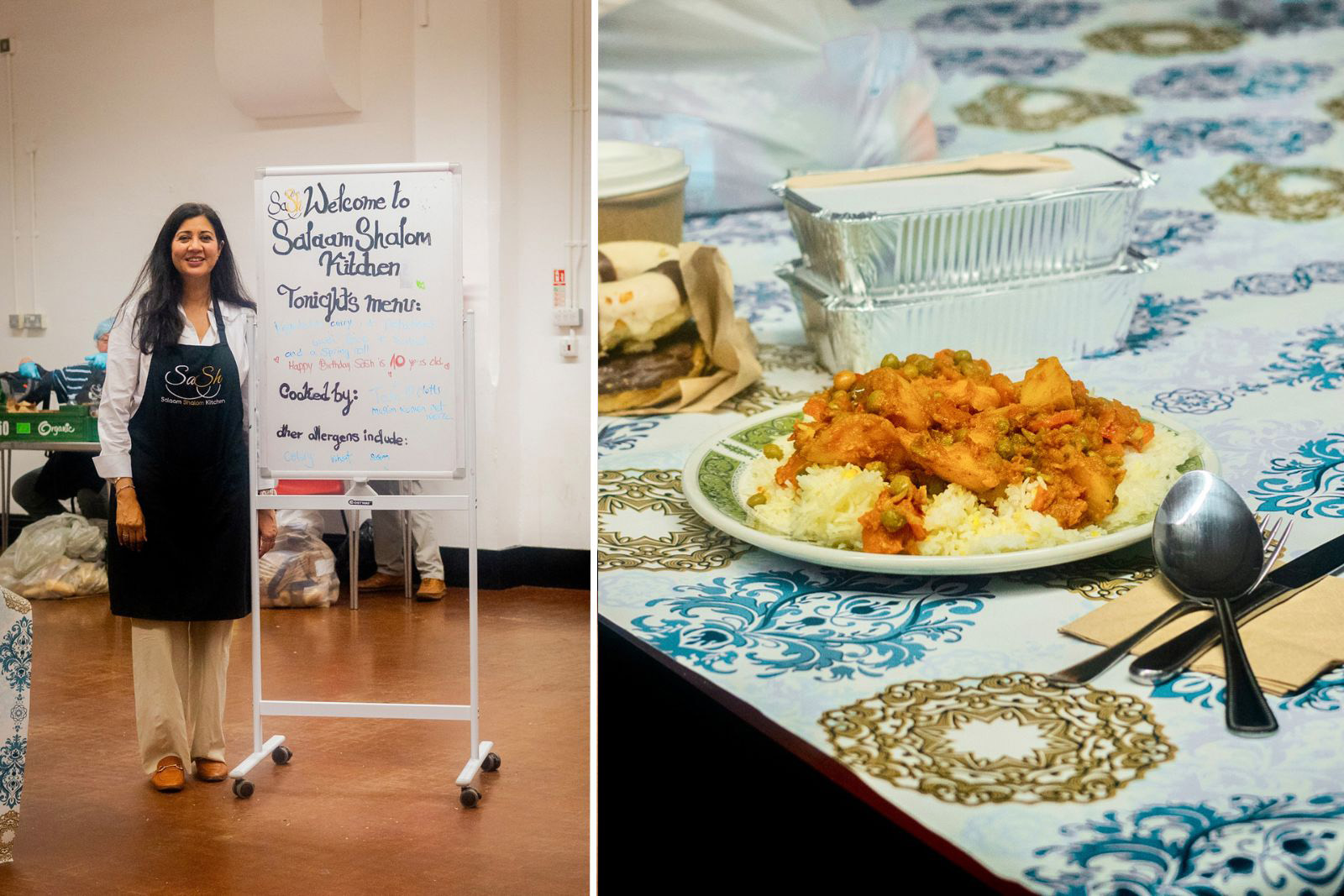
“We need to build more understanding,” said Asghar, adding that Nottinghamshire had become a scarier place for Muslims since the rightwing Reform party gained control of the county council in May. None of the food bank’s funding comes from the council.
“Right now I do feel that Muslims are being targeted,” she said. “But I think we need to build bonds with other minorities because you don’t know who will become the next target.
“Here at Salaam Shalom we can all relate to each other on just a human-to-human level.”
Kelda, who asked us not to publish her surname, was at Salaam Shalom with her two teenage children when Hyphen visited. “This is not like the other food places I have been to,” she said. “They really make you feel welcome. The volunteers remember your name, they ask how you’re doing.
“The atmosphere here is buzzing. I genuinely look forward to coming here.”
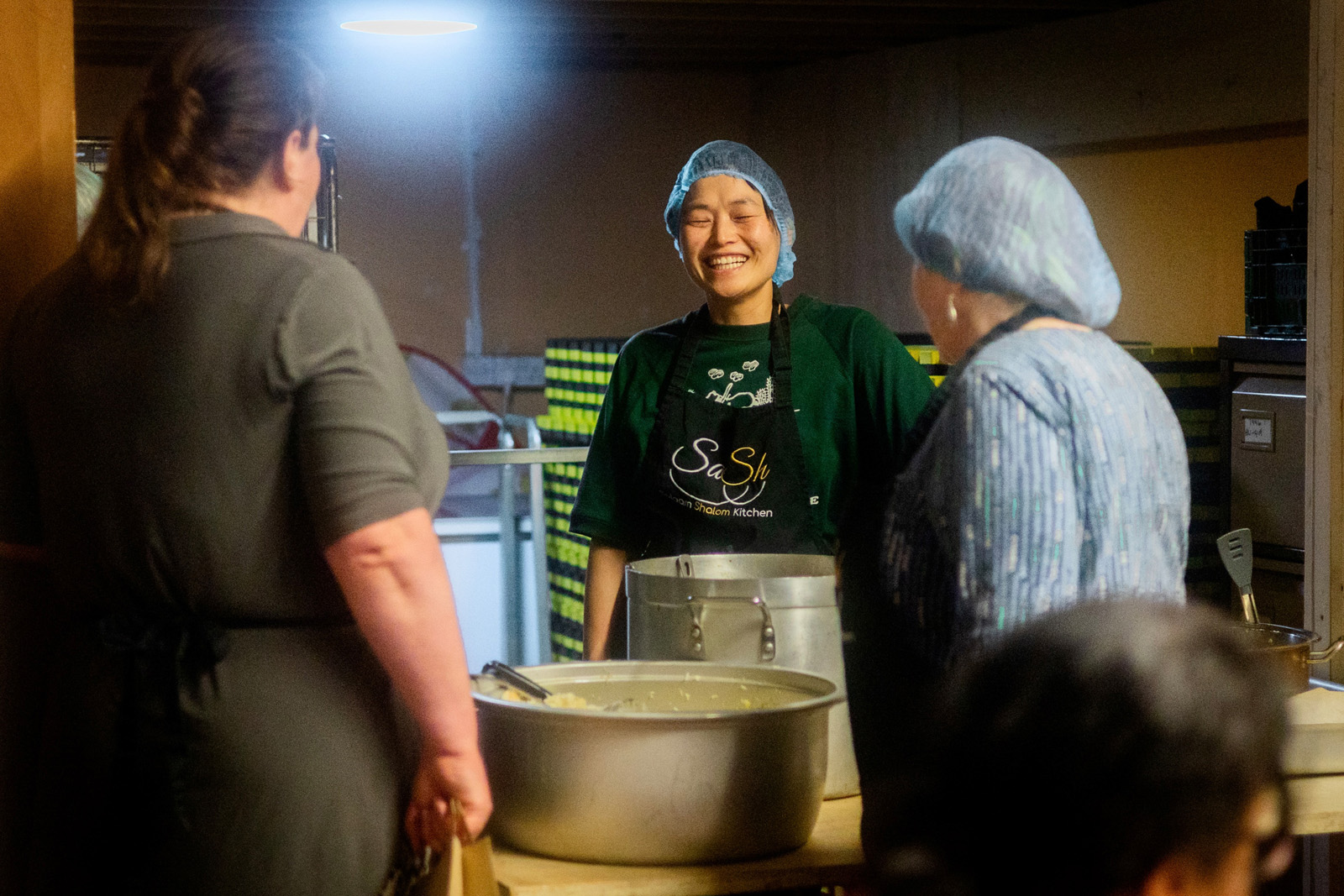
Kelda said she had been coming to Salaam Shalom for about six months. The money she saves by eating there goes towards paying her bills. It never used to be so hard to keep her family afloat, she said, but for the past two years she has noticed her finances shrinking.
“I used to set all of the child benefits aside for the children, for treats, or presents, or trips,” she said. “It was money just for them. But now I have to dip into it more and more often just to pay the bills.”
Kelda is worried about her daughter’s birthday at the end of the year.
“It’s been two years since she had a birthday party,” she said. “This year she will be 18 and I really want to do something for her, but I just can’t afford it.”
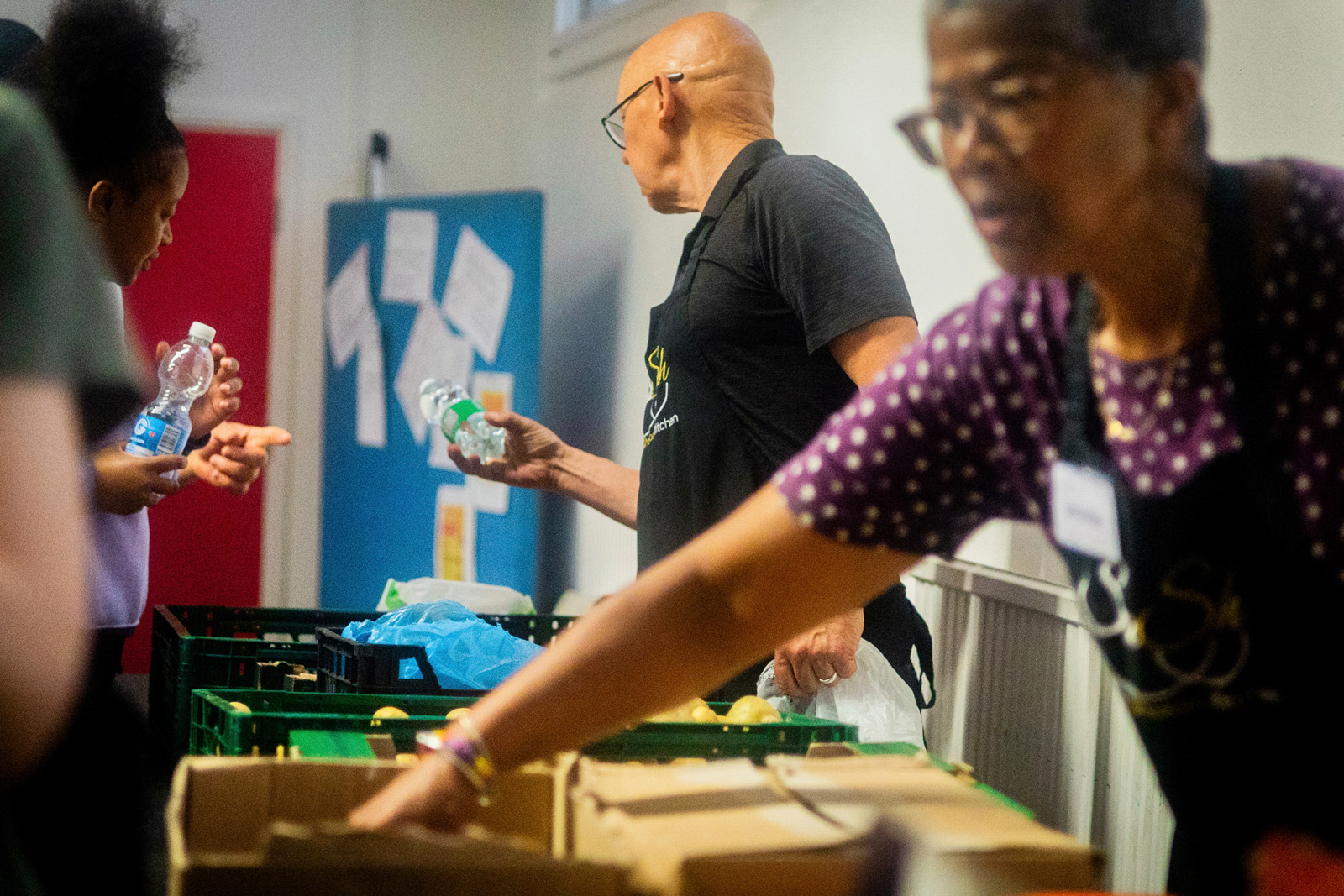
Ferzana Shan, who co-chairs the charity with Worth, said that building a cosy and comfortable atmosphere for guests was a priority at Salaam Shalom.
“We want it to feel like a cafe,” Shan said. “Since we moved away from the standard soup kitchen model and began providing an enjoyable space for people to eat as well as the food we noticed that our guests began to become more diverse. Before it was mostly single men. Now we see people bringing their whole families. I think providing a secure space makes people feel more safe to enter it.”
As well as a hot vegetarian meal — compatible with both kosher and halal diets — and unlimited tea and coffee, Salaam Shalom guests also receive a shopping bag of groceries of their choosing as well as, sometimes, fresh flowers.
“We began receiving unsold flowers from supermarkets some time ago. At first we weren’t sure if anyone would even want them, but people really like them,” said Mumtaz Baig, a member of the charity’s steering committee. “Some people will come to queue extra early to make sure they can take some home.”
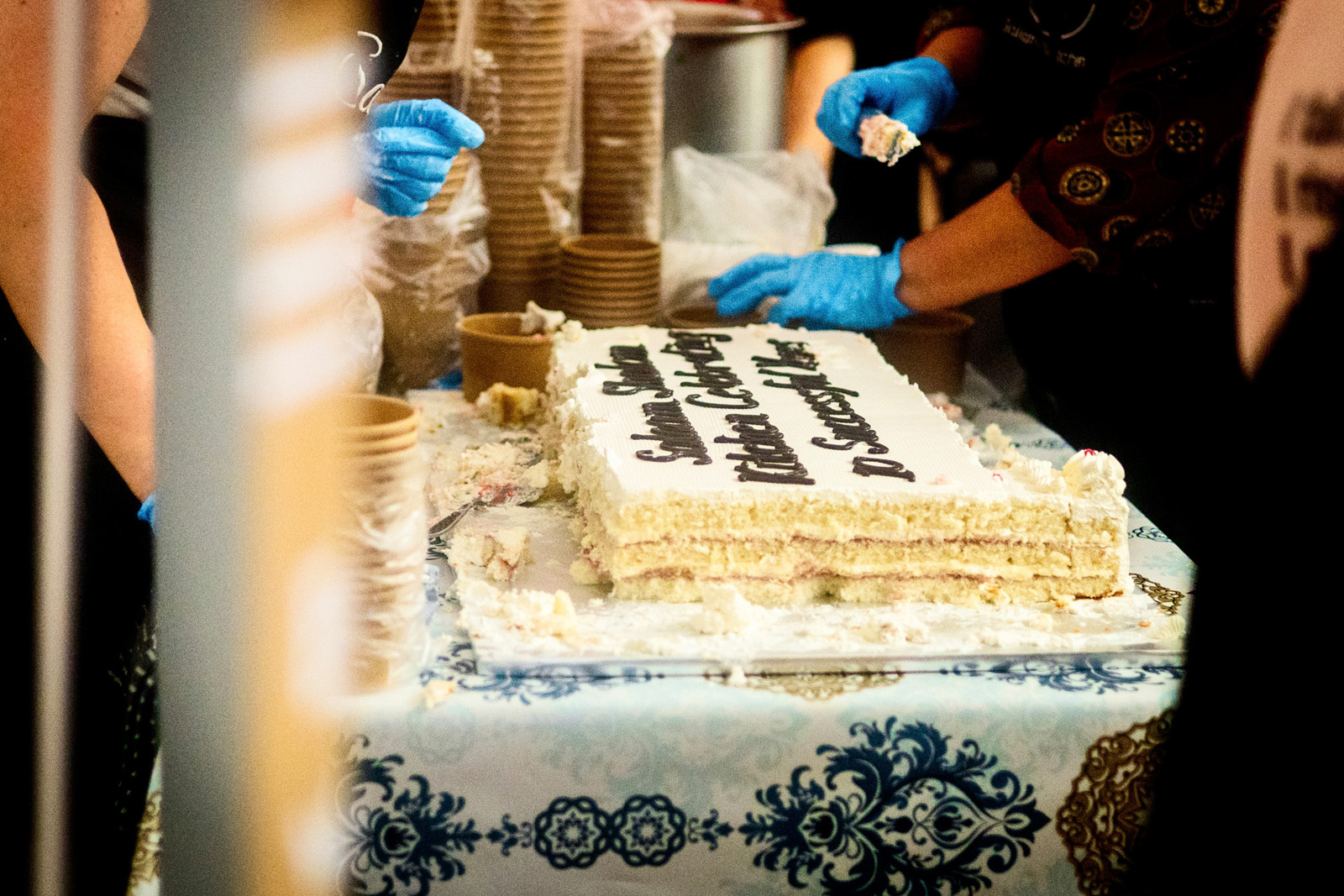
The charity is run by about 50 volunteers, Baig said, and employs three staff members who work eight hours a week. It is funded solely by grants and individual donations.
“The staff and rent is our biggest expense,” said Baig. “We apply for funds and do fundraising; we generate quite a lot of funds through cake sales. There are individual people — not many — who donate. It comes in dribs and drabs.”
Last month Himmah, the Muslim charity co-sponsoring Salaam Shalom, received an undisclosed donation from Prince Harry. It came after Meghan Markle donated to the charity in 2021, allowing it to expand Salaam Shalom.
Worth got involved in the project through her synagogue. “There are other interfaith initiatives in the area,” she said, as she served cake — an anniversary special — to the guests. “But I don’t know of other projects where people come together to take action. What we do is very specific.
“We are a Jewish-Muslim project and I think in these difficult times in the world it’s a really important message that we give out.”
 Newsletter
Newsletter


